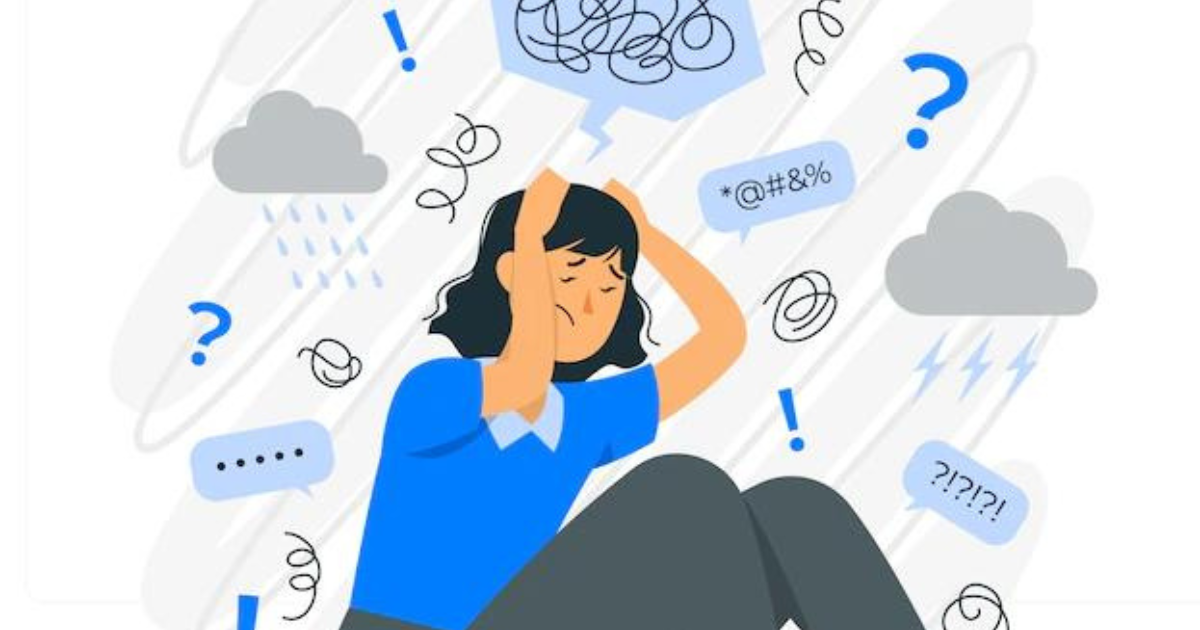A recent groundbreaking study has shed light on the complex interplay between Attention Deficit Hyperactivity Disorder (ADHD), mental disorders and suicide attempts.
This neurodevelopmental condition, characterized by patterns of hyperactivity, inattention, and impulsive behavior, has long been associated with various challenges in daily functioning and personal development.
However, the study suggests that its impact might extend even further.
The study, conducted by Dr. Dennis Freuer, a statistician and chair of epidemiology at the University of Augsburg in Germany, delved into the intricate relationship between ADHD and the onset of mental health disorders, specifically major depression, anorexia, post-traumatic stress disorder (PTSD), and the alarming risk of suicide attempts.
While it’s important to note that the study established associations rather than direct causation, its findings are illuminating.
Attention Deficit Hyperactivity Disorder, commonly known as ADHD, affects individuals across the lifespan, with symptoms typically manifesting in childhood and potentially persisting into adulthood.
These symptoms, including hyperactivity, inattention, and impulsivity, often disrupt daily life and hinder personal development. However, this recent study indicates that the ramifications of ADHD might extend far beyond the familiar challenges it poses.
The Alarming Association Of Mental Disorders and Suicide Attempts
One of the most concerning findings of this study is the heightened risk of suicide attempts among individuals with ADHD.
According to the research, individuals with ADHD were found to be 30% more likely to attempt suicide compared to those without the condition. This startling revelation raises questions about the underlying factors connecting ADHD and suicidal behavior.
Additionally, the study highlights a 9% increased likelihood of individuals with ADHD developing major depression.
This finding emphasizes the intricate relationship between ADHD and depressive disorders, suggesting that ADHD may act as a precursor or risk factor for major depression.
Moreover, once individuals with ADHD develop major depression, their risk of attempting suicide skyrockets to a staggering 42% higher than those with depression but without ADHD.
This alarming statistic underscores the need for targeted intervention and support for individuals navigating both conditions simultaneously.
Dr. Freuer, the lead author of the study, postulates that there might be a shared genetic underpinning between ADHD and suicidal behavior.
These genetic factors could be linked to impulsivity, a trait that is known to be highly heritable. Impulsivity is not only a core component of ADHD but is also closely associated with suicidal behavior.
Dr. Freuer explains, “Our study suggests that both ADHD and major depressive disorder are risk factors for suicide attempts.”
This revelation underscores the complex interplay of genetic, neurological, and environmental factors contributing to the elevated risk observed in individuals with ADHD.
These findings have significant implications for both clinicians and individuals living with ADHD.
It underscores the importance of early diagnosis, targeted treatment, and ongoing mental health support for individuals with ADHD, especially given the heightened risk of developing major depression and, subsequently, suicide attempts.
Dr. Freuer’s research highlights the need for a holistic approach to mental health care that considers the interconnectedness of conditions. It also emphasizes the importance of not viewing ADHD in isolation but as part of a larger mental health landscape.
In summary, the recent study conducted by Dr. Dennis Freuer at the University of Augsburg in Germany provides critical insights into the intricate relationship between ADHD and the development of mental health disorders, particularly major depression, anorexia, and PTSD, as well as the alarming risk of suicide attempts.
While the study establishes associations rather than causation, it underscores the need for further research into the genetic and environmental factors at play.
These findings call for a reevaluation of clinical approaches to ADHD, with a focus on early intervention, comprehensive mental health support, and a deeper understanding of the shared genetic factors that link ADHD and suicidal behavior.
It is crucial that individuals living with ADHD receive the necessary support and care to mitigate the risks associated with these complex interactions, ultimately improving their overall well-being and quality of life.

























